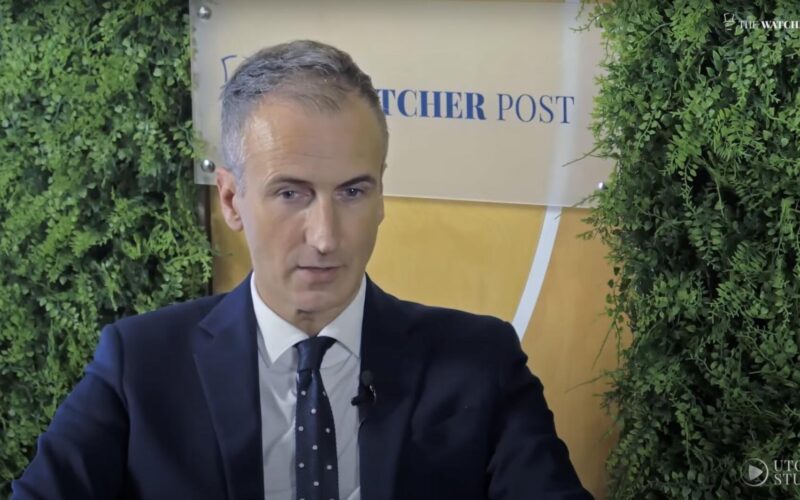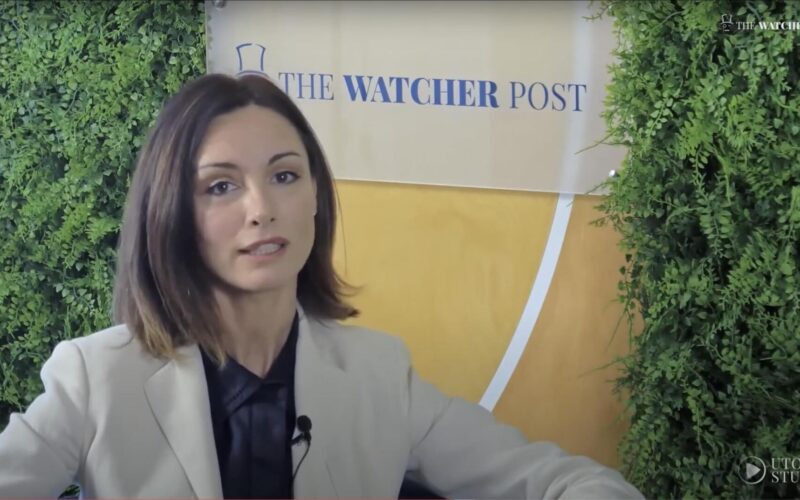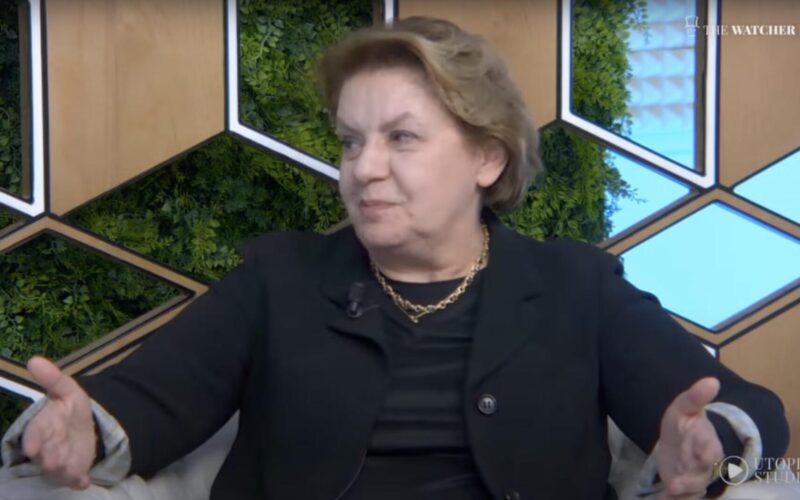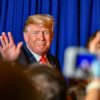Place Lux
“Europe will do whatever it takes to keep its competitive edge” states VDL in SOTEU Speech
Di Maximilian Powell
Last Wednesday, in the final State of the European Union (SOTEU) speech of her mandate, Commission President Ursula von der Leyen set the stage for next year’s European elections stating it would be an opportunity for Europeans to decide on “what kind of future and what kind of Europe they want”. At the backdrop of the speech lies the pivotal question of whether von der Leyen will seek to extend her role as President of the Commission. Stakeholders in Brussels had not expected that the State of the Union address would serve as a platform for a re-election bid due to its perceived political sensitivity. However, although she did not officially announce, reactions to the speech indicated that von der Leyen had not taken significant risks in the run-up to the European elections, with one diplomat being quoted in Politico, suggesting that this signalled her intent for a second term in office.
The most significant moment of the speech at the SOTEU came with the EU’s announcement of an anti-subsidy investigation into Chinese electric vehicles, a response to China’s increasing dominance in the global market. Von der Leyen was keen to emphasise that “Europe will do whatever it takes to keep its competitive edge” and made no attempt to avoid singling out China, highlighting its export restrictions on gallium and germanium and stating that many countries around the world are overly dependent on China as their single supplier. Von der Leyen stressed that Europeans understand that “global competition is good for business,” but also highlighted that “competition is only true as long as it is fair”. She pointed out that “many young businesses were pushed out by heavily subsidized Chinese competitors”, outlining her determination not to allow Europe to be bullied when acting as a geopolitical player.
Commentators have observed that the key distinction between this speech and the 2019 address, during which she introduced the Green Deal, is the evident erosion of Europe’s confidence as a frontrunner in the clean energy sector. Back then, the focus was on pioneering and charting a course for the world to follow. Now, the emphasis has shifted to competition, retaining existing EU industries, and vying for supremacy in emerging sectors like green steel. There’s an acknowledgment that not only China, with its practices like solar panel dumping and dominance in electric vehicles, but also the United States with its Inflation Reduction Act, and other global economies, have Europe playing catch-up.
The Commission Presidents announcement comes after enduring months of pressure from Paris and industry stakeholders urging an inquiry into insurgent Chinese e-carmakers who have outpaced their European counterparts. Such an investigation could pave the way for Europe to impose additional tariffs on Chinese vehicles that are perceived to be unfairly undercutting European competitors. Broadly speaking, this marks another step in Europe’s shift away from being the world’s largest free trade bloc toward bolstering its trade defences in an era marked by deglobalization.
In the final section of her speech at the SOTEU, von der Leyen invoked ‘Europe answering the call of history’ as she made the case for an enlarged EU. While many observers expected her to go strong on Europe’s response to Russia’s war in Ukraine, von der Leyen’s speech included little on the achievements the bloc has made over the past one and a half years. She emphasised that in a world where some entities attempt to pick off countries individually, Europe cannot afford to leave its fellow Europeans behind. She stressed that it is in Europe’s strategic and security interests to complete the union.
However, despite expectations for more specific details regarding the EU’s plans for expansion into eastern Europe and the Western Balkans, von der Leyen’s speech did not provide such clarity. The Commission president did restate her support for the entry of Bulgaria and Romania in the EU’s visa-free Schengen Area. She praised the two countries for “showcasing best practices on both asylum and returns” and urged EU countries bring them in “without any further delay.”







